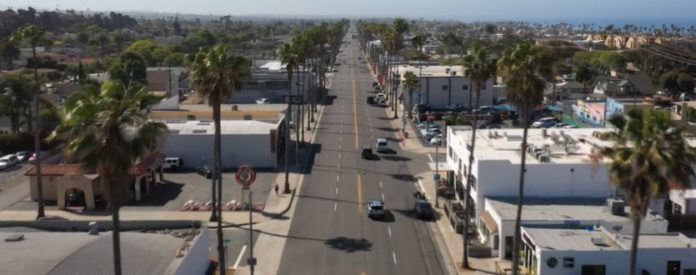RCC and The Resilience Shift has recently commissioned an amazingly informative video, “Testing New Approaches to Protect Coastal Communities”.
Community involvement is key to co-developing long-term resilience for coastal cities battling to save their beaches from rising sea levels and erosion.
Resilient Cities Catalyst’s California Resilience Partnership (CRP) Program has joined with The Resilience Shift to learn about and share real-life resilience stories, from across California that explore how things might be done differently and to understand the shift in perspective and in practice that is enabling this change.
Southern California’s coasts are on the frontline of climate change. The latest Intergovernmental Panel on Climate Change (IPCC) report confirmed that the region, like other coastal communities, will experience more frequent flooding and increased cliff, bluff, and beach erosion. With beaches and bluffs eroding at an annually accelerating rate, communities and ecosystems they depend upon face significant risks.
A thriving coastal city, Oceanside is one of many cities battling to save its beaches from rising sea levels and erosion. After years of traditional planning and coastal management strategies, the City is now piloting a new approach. In the summer of 2021, Oceanside City Council voted to take action with a plan to stabilize its beaches. This action plan will pilot an approach in the region that will involve the community in protecting community assets and co-develop a long-term sustainability strategy. The hope is that this process combined with a new approach, will buy some time to plan for the future. Every coastline and community is different – a solution that works well in one place may not be the best for another. But, other coastal communities facing similar challenges can learn from this resilience building process.
To view this video and others in the series, please visit: www.rcc.city/crpvideos


















